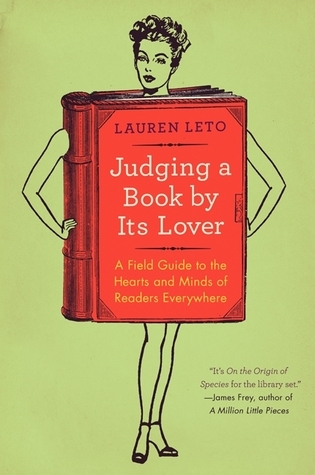
Ex Libris: Confessions of a Common Reader
Book Description
Books are portals to other worlds, and in "Ex Libris: Confessions of a Common Reader," every page turns into an adventure. Anne Fadiman explores the intoxicating joys and heart-wrenching dilemmas of literary passion. With vivid anecdotes and a delightful blend of humor and insight, she unveils the unique bond between reader and text—the exhilaration of a book's embrace, the agony of its loss. Relationships pivot around dog-eared pages and spirited debates, revealing how literature becomes a mirror to life itself. What uncharted territories of thought and feeling might await within the next chapter?
Quick Book Summary
"Ex Libris: Confessions of a Common Reader" by Anne Fadiman is a charming collection of essays celebrating the joys and quirks of passionate readers. Through witty, reflective, and heartfelt stories, Fadiman invites readers into her family’s literary world, where debates about grammar, the arrangement of bookshelves, and the treatment of beloved volumes are daily fare. She explores the intimacy of sharing books, the delightful peculiarities of bibliophilia, and the subtle ways reading shapes identities and relationships. Blending autobiography with literary criticism and humor, Fadiman crafts an homage to the written word that resonates with anyone who has ever loved a book. Her essays capture the enchantment, obsession, and kinship that unite book lovers everywhere, offering a warm and insightful meditation on the reading life.
Summary of Key Ideas
Table of Contents
The Personal Rituals of Reading
Anne Fadiman’s essays delve into the unique and deeply personal habits of readers, exploring how individual rituals—the way we open a new book, the preference for hardcovers or paperbacks, the compulsion to read every footnote—shape our relationship to literature. She recounts family habits and the evolution of her own preferences, demonstrating that reading is as much about process as content. These rituals transform reading from a solitary activity into an expression of personality and identity.
Books as Foundations of Relationships
The book examines how books can stitch people together or create rifts, particularly in intimate relationships. Fadiman recounts humorous and poignant moments, such as merging book collections with her husband—a symbolic act of trust and partnership, fraught with debates about organization and ownership. These stories reveal that shared reading habits and literary tastes can become the bedrock of connection, while disputes over dog-earing pages or marginal notes can just as easily expose fundamental differences between people.
Bibliomania and Quirks of Ownership
Fadiman celebrates the joyful and sometimes obsessive qualities of bibliomania, poking fun at herself and her family’s fierce attachment to their literary treasures. From scavenging books during travels to the precise way tomes are arranged on shelves, she reveals the lengths to which book lovers will go to cultivate and protect their collections. These quirks—far from being trivial—highlight the passion and reverence that true bibliophiles feel for their books.
The Intimacy of Marginalia and Annotations
Another thread weaving through the essays is the intimacy afforded by writing in books—inscribing notes in the margins, underlining beloved passages, or discovering previous owners’ annotations. Fadiman suggests that such acts create a dialogue not only with the author but with oneself and future readers, turning each book into a unique palimpsest of thought and emotion. Marginalia become a testament to a reader’s evolving relationship with the text over time.
Literature as a Mirror of Life
Ultimately, Fadiman’s reflections expand outward to consider the ways in which literature functions as a mirror, reflecting our hopes, fears, and desires. She contemplates the role of books in helping us understand ourselves and connect with others, illustrating through humor and affection how reading can be both a solitary refuge and a social bridge. "Ex Libris" thus becomes both a memoir of one reader’s life and a universal celebration of reading itself.
Download This Summary
Get a free PDF of this summary instantly — no email required.





